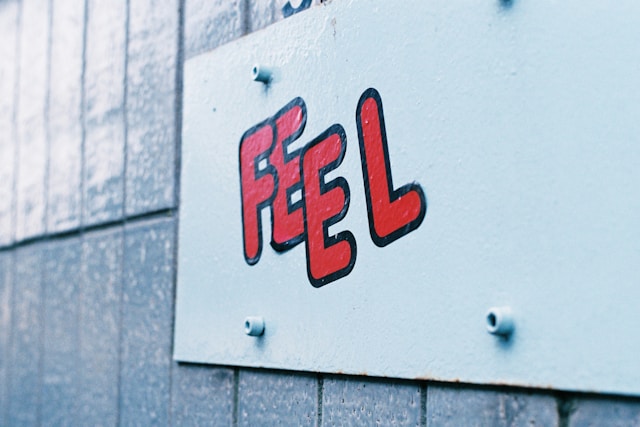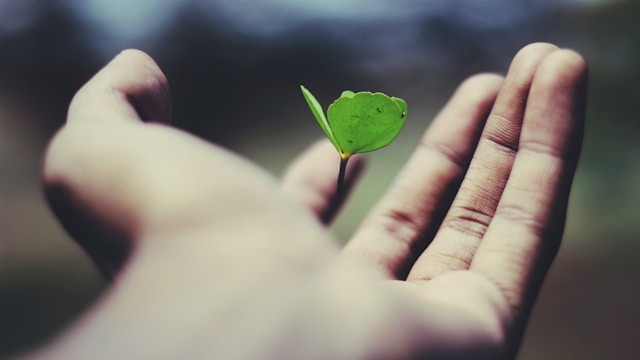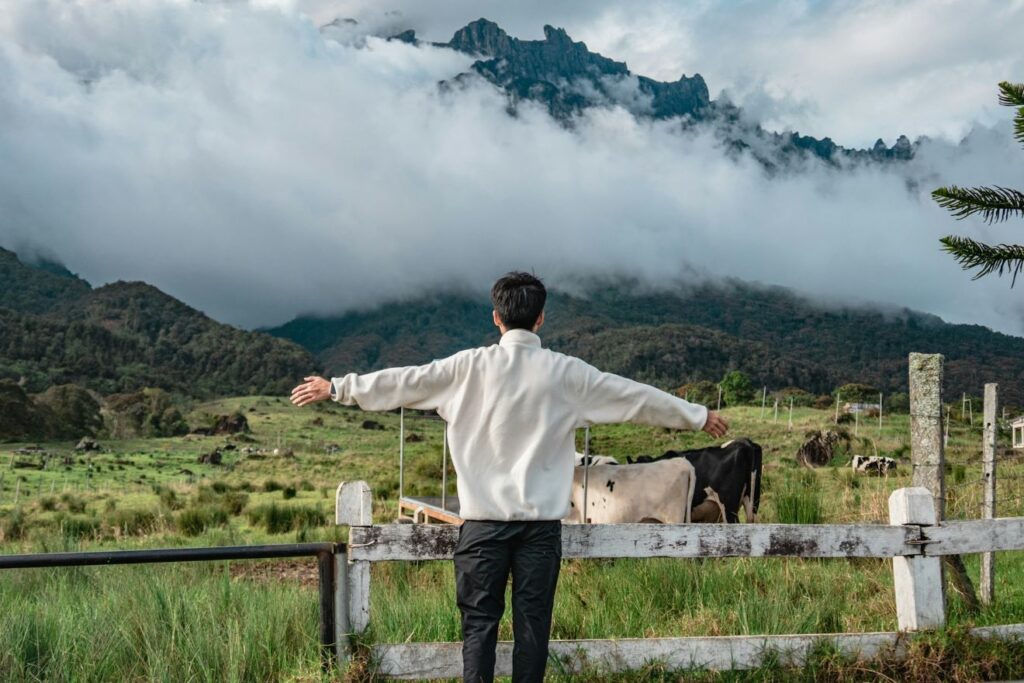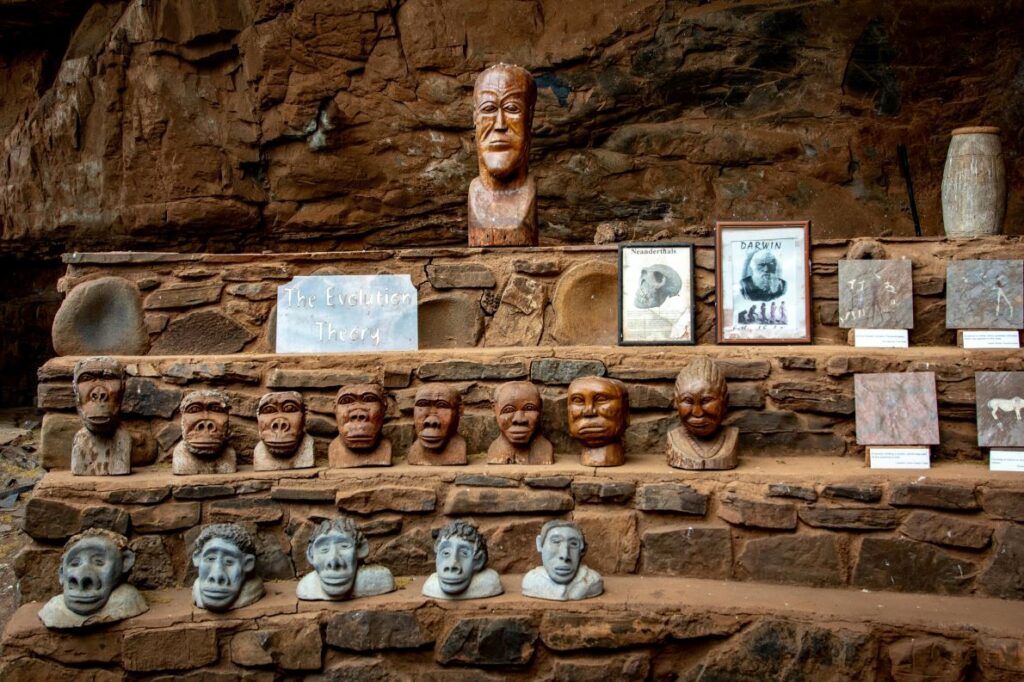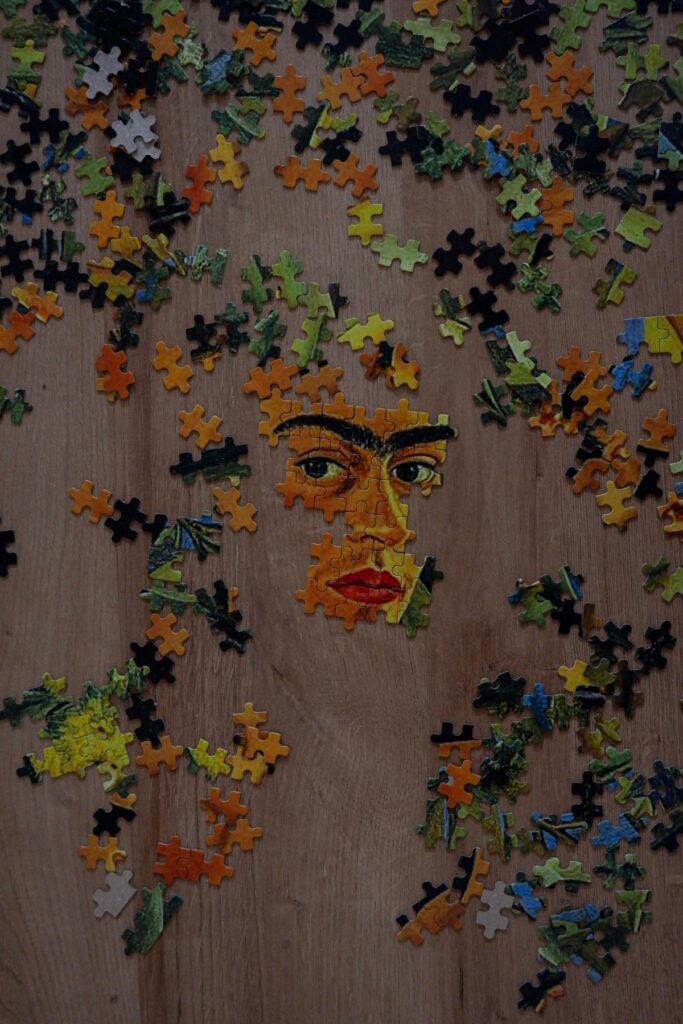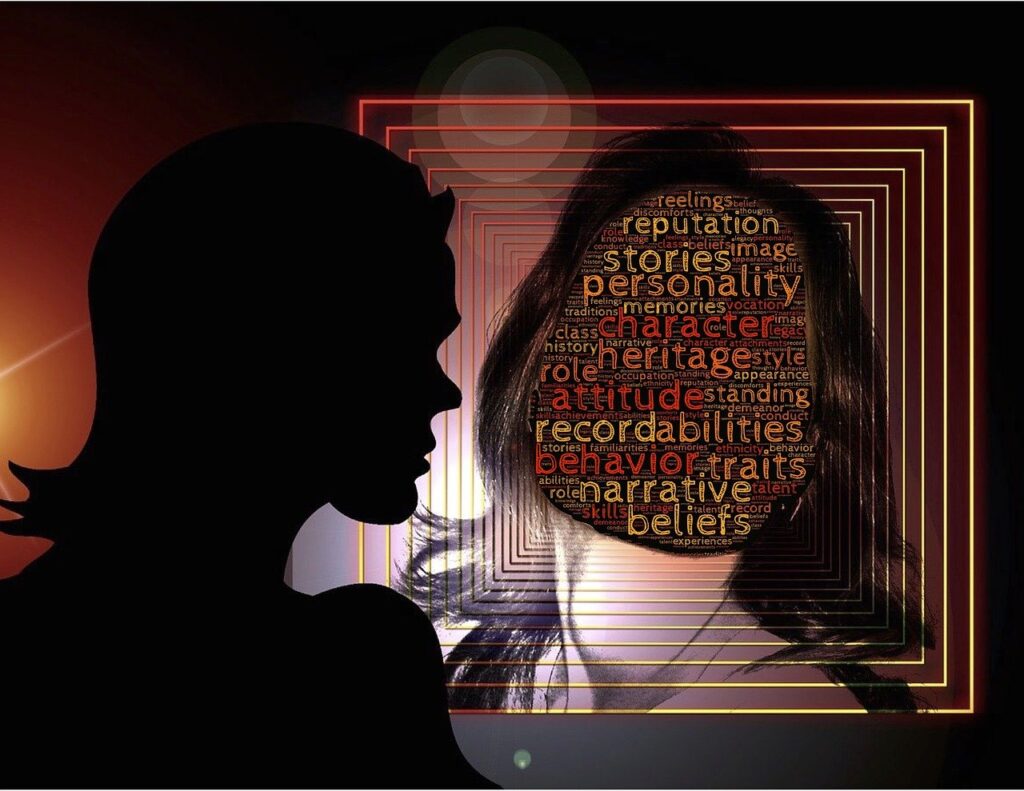In today’s world, the importance of a connection with nature often gets overlooked. We’re constantly surrounded by the noise of modern life, from buzzing smartphones to the pressures of work and social expectations. Amid all this, we forget that the rhythm of nature has the power to restore balance, peace, and well-being. But how does this connection work? And why should we make time to reconnect with the world around us?
Rediscovering Human Nature Wisdom for Self-Discovery
We all know that life can feel overwhelming at times. The expectations placed on us—by society, work, or even ourselves—often pull us away from what we truly need to feel fulfilled. One of the most powerful ways to reconnect with our true selves is through what Chet Shupe describes in his book Rediscovering the Wisdom of Human Nature: How Civilization Destroys Happiness. His insights provide a roadmap for understanding human nature wisdom for self-discovery.
Shupe argues that, in our quest for modern comforts and achievements, we have distanced ourselves from our basic human needs. We are wired to live in close-knit communities, where trust, intimacy, and support are natural parts of daily life.
Yet, today, many of us experience emotional isolation, even when surrounded by others. In this emotionally disconnected state, we often find ourselves anxious, stressed, and unsatisfied.
This is where the connection with nature comes into play. Nature is, in many ways, the antidote to the emotional disconnection caused by modern life. By re-establishing a connection with nature, we can tap into our innate wisdom, which has been honed over centuries of human evolution. Through this process, we begin to rediscover who we really are and what we genuinely need to feel content.
Why Connection with Nature Is Vital for Well-being
The concept of a connection with nature isn’t just about spending a few hours outdoors. It’s about living in harmony with the world around us, respecting the natural rhythms that guide life itself. Our ancestors knew the importance of this connection. They lived in small communities, closely bonded to one another, and were intimately aware of the cycles of nature.
In today’s world, however, many of us live in large, bustling cities or spend much of our time indoors. We’re disconnected from the natural world and, in many ways, from our own emotions. The constant pressure to achieve, compete, and succeed leaves little room for reflection, rest, or real connection with others.
Photo by Elvis Gonsalves on Unsplash
This is where we can learn from nature. Nature operates in cycles—seasons change, the sun rises and sets, and animals go through various stages of growth and rest. These rhythms are natural and essential, but we often ignore them. We push ourselves to keep going, even when our minds and bodies are telling us to pause.
A connection with nature brings us back to these rhythms. When we embrace the natural pace of life, we allow ourselves to breathe, reflect, and grow at a more sustainable rate. This doesn’t mean abandoning our goals or responsibilities, but it does mean permitting ourselves to listen to our own needs and feelings. The idea is to find balance by aligning with nature’s flow, rather than fighting against it.
Learning to Embrace Natural Rhythms
One of the key lessons we can learn from nature is how to embrace natural rhythms. Nature doesn’t rush. Trees grow slowly, flowers bloom at their own pace, and even the tides move gently in and out. Yet, despite their apparent stillness, these natural rhythms are full of life and purpose.
As humans, we often think that the faster we move, the more we accomplish. We’re taught to strive, push, and hustle. While ambition and hard work have their place, they shouldn’t come at the expense of our well-being. Taking time to slow down and embrace a connection with nature is one of the most effective ways to recharge and reconnect with what matters most.
When we step outside and immerse ourselves in nature, we see that life isn’t a race. Whether it’s the slow unfurling of a leaf or the steady flow of a river, everything in nature happens in its own time. This perspective can be a powerful tool for finding peace in our own busy lives. We don’t have to do everything at once. It’s okay to slow down, pause, and reflect. In doing so, we can recharge emotionally, mentally, and physically.
The Power of the Human-Nature Bond
The human-nature bond is deeply rooted in our evolution. For centuries, humans lived in close connection with the land, the plants, and the animals around them. This bond was more than just physical—it was emotional and spiritual as well. In the past, humans learned valuable lessons about survival, community, and balance from the natural world. Today, we still have the opportunity to tap into this bond.
Research has shown that spending time in nature has a positive impact on our mental health. It reduces stress, lowers anxiety, and boosts overall mood. The connection we form with the natural world helps us feel grounded, reminding us of our place in the greater web of life.
Nature is also a teacher. It shows us the importance of community, patience, and resilience. By spending time in nature, we can better understand how we fit into the bigger picture and begin to cultivate a deeper appreciation for the world around us. This connection with nature offers not just physical healing, but emotional and spiritual freedom as well.
Nature as a Tool for Emotional Healing
In the book Rediscovering the Wisdom of Human Nature, Chet Shupe explains how civilization’s demands can have a detrimental effect on our emotional health. The constant drive for success, status, and material gain leads to a disconnect from what truly nourishes us. Shupe argues that many of the problems we face are not our fault—they are a result of the unnatural emotional burden that modern life places on us.
This is where nature comes in. Nature provides a safe space to reconnect with ourselves. Whether it’s a walk through the woods or a few quiet moments by the ocean, nature can restore peace. The sound of birds singing, the rustling of leaves, or the scent of fresh pine can trigger feelings of calm and tranquility. These experiences help us regain a sense of balance and clarity that is often lost in the noise of daily life.
Watch this video about The Healing Power of Nature!
Taking time to step outside and connect with the natural world is a simple yet profound way to heal emotionally. It’s a reminder that, just as nature goes through periods of growth and rest, so should we.
Embracing the Connection with Nature in Our Daily Lives
Reconnecting with nature doesn’t require a dramatic lifestyle change. Small steps can make a significant difference. It could be as simple as taking a walk in a nearby park, spending a few moments in your garden, or just sitting outside to listen to the sounds of the world around you.
When you embrace natural rhythms in your everyday life, you open yourself up to new possibilities for growth and healing. The more you reconnect with nature, the more you will begin to feel a deep sense of peace and clarity.
Embrace the Wisdom of Human Nature
If you’re ready to explore the true meaning of happiness and well-being, Rediscovering the Wisdom of Human Nature by Chet Shupe is an invaluable resource. This book guides you through the process of reconnecting with the wisdom that resides in all of us. It sheds light on the unnatural pressures that modern life places on our emotional health and provides practical advice on how to live in harmony with your true nature.
By aligning yourself with nature’s rhythms and embracing the lessons it offers, you can start your journey toward a more peaceful, fulfilled life.
Don’t wait to rediscover your true self—pick up a copy of Rediscovering the Wisdom of Human Nature today and begin your path toward emotional freedom and inner peace.
















